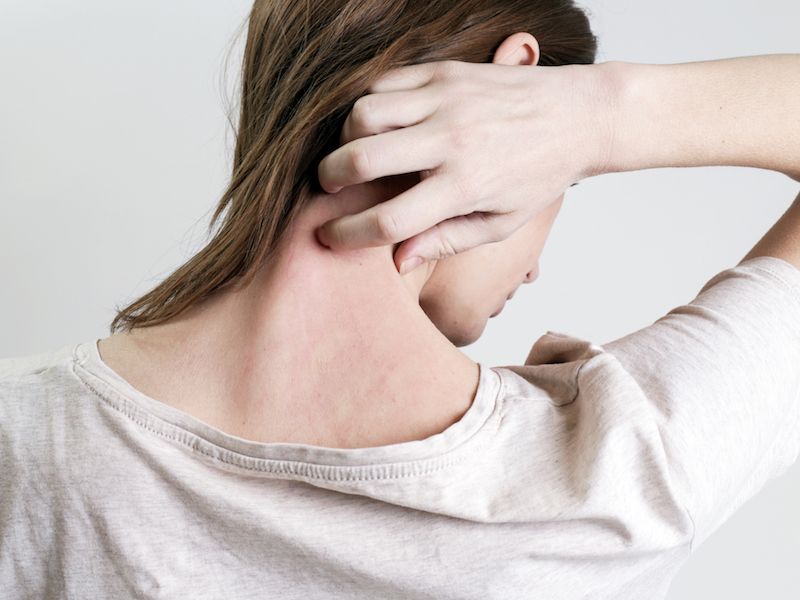When you think about psoriasis, you probably recall all those commercials depicted people with skin issues. Psoriasis affects your overall health and not just your skin. Psoriasis is commonly misunderstood and minimized, due to a lack of knowledge of how psoriasis impacts sufferers as well as the serious conditions that can be related to this disorder. Psoriasis causes responses throughout the whole body although skin plaques are the most familiar symptom: Continuous Irritation that can raise the risk of metabolic problems and cardiovascular disease.
Psoriasis is also connected to another problem according to a different recent study: Hearing loss. Published in The Journal of Rheumatology, The relationship between hearing impairment, mental health, and psoriatic arthritis were looked at in this study. Psoriatic arthritis is a form of psoriasis where inflammation is centered around the joints, causing swelling, difficulty moving, and pain. The tell-tale plaques might not be experienced by people who have psoriatic arthritis.
With psoriatic arthritis, the body is basically attacking its own healthy tissue in the same way that it does with rheumatoid arthritis because they are all autoimmune diseases. But psoriatic arthritis differs from rheumatoid arthritis in that it’s frequently asymmetrical (so you could have it in one knee but not the other), and that aside from joints, it often targets sufferer’s nails (resulting in painfully swollen toes and fingers) and eyes.
Based on the findings of this recent study, hearing may also be affected by psoriatic arthritis. The researchers contrasted the self-reported hearing loss of people who suffer from psoriatic arthritis, people who have psoriasis but not psoriatic arthritis, and a big control group of people with neither problem. They discovered that the group with psoriatic arthritis was more likely to report hearing loss, and those reports were backed by audiometric testing. Even when controlling for other risk factors, psoriatic arthritis sufferers were significantly more prone to have hearing loss than either {the control group or psoriasis sufferers}.
But that’s not to say there’s no link between psoriasis, psoriatic arthritis and loss of hearing. A 2015 study discovered that there is a substantially higher risk, for people with psoriasis, of developing sudden sensorineural hearing loss, or sudden deafness. The ability to hear diminishes substantially over three days or less with sudden sensoroneural hearing loss. There are several potential causes for this, but scientists believe that sudden psoriasis flare-ups may be responsible. If this happens in or around the cochlea, it may impede hearing. This kind of hearing loss, in some situations, can be helped by treatments that relieve psoriasis., but hearing aids are often recommended when other treatments don’t appear to be helping.
It’s important to keep track of your hearing if you suffer from psoriasis or psoriatic arthritis. Plan regular hearing exams along with your yearly health-care appointments. The inflammation due to these diseases can lead to inner ear injury, which can result in loss of hearing and troubles with balance. Psoriasis and psoriatic arthritis are both also linked to depression and anxiety, which can both exacerbate loss of hearing. Hearing loss is something you want to detect early because untreated hearing loss can lead to other health issues such as dementia.
With early treatment, you can stay in front of the symptoms by getting your hearing examined periodically and working with your doctor, knowledge is crucial. Neither hearing loss nor psoriasis should cause you to compromise your standard of living, and all the difference is having the proper team on your side.

